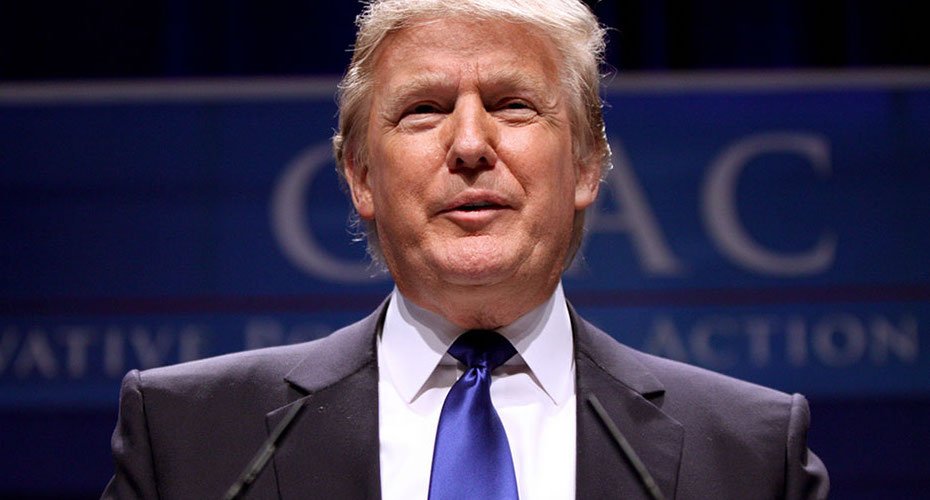Manila, May 13, 2025 — As the dust settles on the Philippines’ two-month mid-term election campaign, a deepening political rift between President Ferdinand “Bongbong” Marcos Jr. and Vice President Sara Duterte has come to define the country’s power landscape. Once united by a landslide win in 2022, the two powerful dynasties now find themselves locked in a bitter feud that could shape the nation’s future.
Weakened Mandate for Marcos in Senate
The election results dealt a blow to President Marcos. Traditionally, sitting Philippine presidents secure a majority of their senatorial endorsements during mid-terms—a reflection of public approval and political influence. This time, only six of the 12 newly elected senators are aligned with Marcos, and one of those, Camille Villar, also accepted backing from the Duterte camp.
In contrast, four senators clearly aligned with Vice President Duterte’s faction, including the president’s sister, Imee Marcos, who defected to Duterte’s side during the campaign. Two of these Duterte-aligned senators ranked in the top three in terms of nationwide votes, signaling a potent base of public support.
This outcome signals a significant challenge to President Marcos’s ability to push through major political moves—most notably, the controversial effort to impeach Vice President Sara Duterte.
From Alliance to Animosity
The Marcos-Duterte alliance began unraveling early in their administration, but the breaking point came this year. The decision by Marcos allies in Congress to initiate impeachment proceedings against the vice president triggered an all-out political war.
In a dramatic escalation, President Marcos supported the extradition of Sara Duterte’s father—former President Rodrigo Duterte—to the International Criminal Court (ICC) to face charges related to his deadly war on drugs. Philippine authorities have also filed criminal charges against the vice president.
Duterte loyalists viewed the extradition as a betrayal. Sara Duterte leveraged public emotion, playing videos of her father’s arrest at rallies to galvanize support. At one such rally in Tondo, she accused Marcos of “stealing” her father from the nation.
A Game of Thrones in Philippine Politics
Both the Marcos and Duterte families represent entrenched political dynasties. The Marcos family has held power for decades, with members occupying key posts across northern Ilocos Norte, including the presidency, Congress, and local government.
Similarly, the Dutertes maintain a strong grip over southern Davao. Despite being detained in The Hague, Rodrigo Duterte won the mayoral election in Davao using a cardboard cutout campaign, with his son Sebastian shifting into the vice-mayor role. The family has ruled Davao almost continuously for nearly four decades.
These dynasties dominate a political system where power is typically inherited, and loyalty is fluid. Most senators, many of whom come from political families or the entertainment industry, are seen as potential future presidents or vice presidents themselves.
“Senators in the Philippines are very sensitive to national public opinion,” said Cleve Arguelles, head of WR Numero Research. “They align themselves with popular sentiment, driven by their own future ambitions.”
Public Sentiment and Political Calculations
President Marcos faces sagging approval ratings. His public appearances have failed to inspire confidence, and his management of the economy continues to draw criticism. The extradition of Duterte has been widely condemned in pro-Duterte strongholds, reinforcing the vice president’s image as a victim of political persecution.
At the same time, Vice President Duterte remains a frontrunner for the 2028 presidential election. Her rising popularity and combative rhetoric position her as a major threat to the Marcos camp’s political survival.
However, the path to impeachment remains complex. The Senate requires a two-thirds vote (16 of 24 senators) to convict and remove a public official. Given the fragmented loyalties in the newly elected Senate, reaching that threshold will be difficult.
Tellingly, some in Marcos’s own camp have expressed hesitation about the impeachment process. And the 12 senators not up for election this cycle are not guaranteed votes either.
Unexpected Liberal Wins Offer a Wild Card
Two surprising victories came from the liberal opposition—senators Bam Aquino and Francis Pangilinan—who were not expected to win. While both have been critical of both the Marcos and Duterte camps, their opposition to strongman politics may make them reluctant to see another Duterte in power.
Their votes could prove decisive if they choose to support impeachment to block Sara Duterte’s path to the presidency.
What Lies Ahead
The impeachment trial is expected to begin in July. Both political factions are now engaged in intense behind-the-scenes lobbying, attempting to sway undecided senators. The stakes are high: a successful impeachment could end Sara Duterte’s presidential ambitions and reinforce Marcos’s waning authority. A failed attempt could embolden the Duterte camp and further erode the president’s legitimacy.
No president or vice president in Philippine history has ever been successfully impeached. Never before have the top two officials been at such bitter odds.
As the country watches the drama unfold, one thing is clear: 2025 will be a politically volatile year in the Philippines.
Stay tuned to BlogHear.com for real-time updates and in-depth political analysis from Southeast Asia and beyond.




